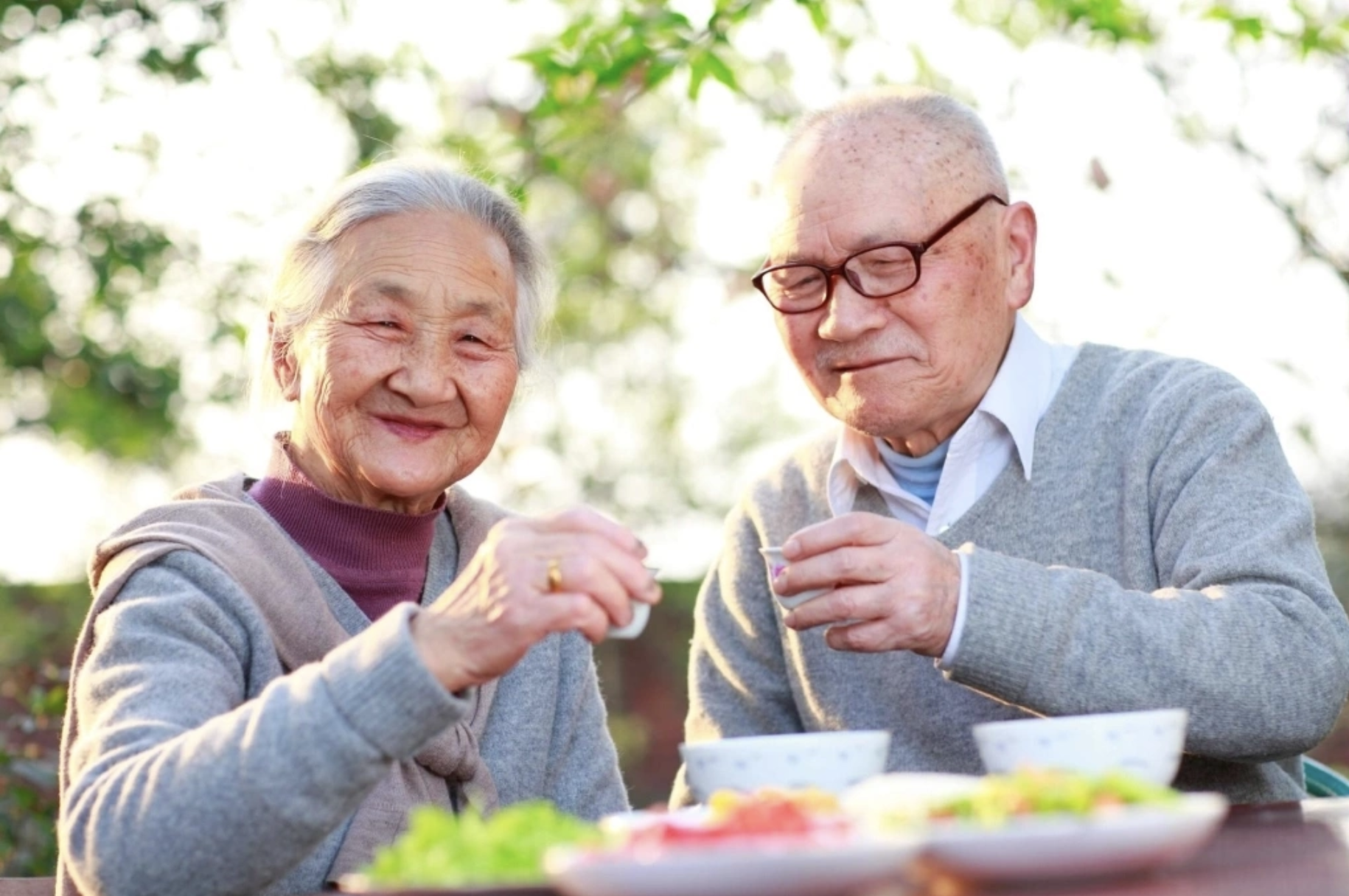As of 1/9/2025, Japan has 99,763 centenarians, a figure that has continuously increased since 1963 when there were only 153, according to official statistics. Notably, 88% of these centenarians are women.
This impressive achievement makes Japan, especially Okinawa, a global model for healthy aging. Here are the key factors contributing to the remarkable lifespan of the Japanese, according to experts.
A balanced, predominantly plant-based diet is key.
Japanese cuisine, particularly in Okinawa, plays a vital role in longevity. The diet is rich in fish, vegetables, soy (tofu, miso), seaweed, mushrooms, and contains little red meat or processed food. The Japanese emphasize fresh ingredients, small portions, and variety.
A notable philosophy in Okinawa is "hara hachi bu," which means eating until 80% full. Avoiding overeating contributes to maintaining good health and extending lifespan, according to experts.
Low rates of fatal diseases are also a factor.
Japan has significantly lower mortality rates from cancers (breast, prostate) and heart disease compared to many Western countries. A diet rich in fish containing omega-3 fatty acids, low in saturated fat, and with carefully controlled salt intake protects cardiovascular health, contributing to impressive longevity, experts say.
Strong social connections and a sense of purpose contribute to well-being.
Research on longevity in Okinawa reveals that having a sense of purpose ("ikigai"), continuous mental and physical activity, and strong social networks play crucial roles. Elderly Japanese often maintain engagement in work, hobbies, family, or community activities into old age, contributing to their extended lifespan, according to experts.
 |
A plant-rich and fresh diet contributes to the longevity of many Japanese people. Photo: Well Doing |
Staying active is a way of life.
Physical activity is integral to Japanese life, helping to maintain mobility and prevent decline. Walking, gardening, light exercise, using public transportation, and doing housework all contribute to good health. Programs like Radio Taiso, a broadcast exercise program, are particularly popular, encouraging people to maintain an active lifestyle, according to experts.
Good healthcare, preventative care, and a clean environment play a significant role.
Japan boasts advanced healthcare infrastructure, with regular health screenings, good public hygiene, and a long-standing tradition of preventative care. Clean water, an effective public health system, a low-pollution environment, and strict waste management greatly contribute to a long lifespan.
Research in Okinawa indicates that centenarians often avoid or delay age-related diseases, according to experts.
Genetics and epigenetics also play a role.
Studies in Okinawa show that genetic traits and gene variants help some individuals resist aging, disease, and inflammation, while maintaining efficient metabolism, providing a survival advantage.
Epigenetic studies, which involve changes in gene expression without affecting DNA, also suggest that low inflammation is a predictor of "successful aging" in extremely long-lived individuals, according to experts.
Mindset and culture influence longevity.
Respect for elders, community recognition, and a positive attitude towards aging play important roles in Japanese longevity. Many centenarians maintain a sense of usefulness, social connection, and calmness. Concepts like "ikigai" (purpose in life), mindfulness, and social engagement support mental health, contributing to a long and healthy life for the elderly, according to experts.
Despite the record of nearly 100,000 centenarians, Japan faces a significant challenge from its aging population, according to experts. The need for healthcare, pensions, and social welfare is increasing, while the workforce is shrinking and costs are rising. A low birth rate further jeopardizes the sustainability of future support systems.
The "Westernization" of diets, sedentary lifestyles, and consumption of processed foods are threatening the longevity advantage, especially in Okinawa, where life expectancy shows signs of decline.
My Y (Times of India)












